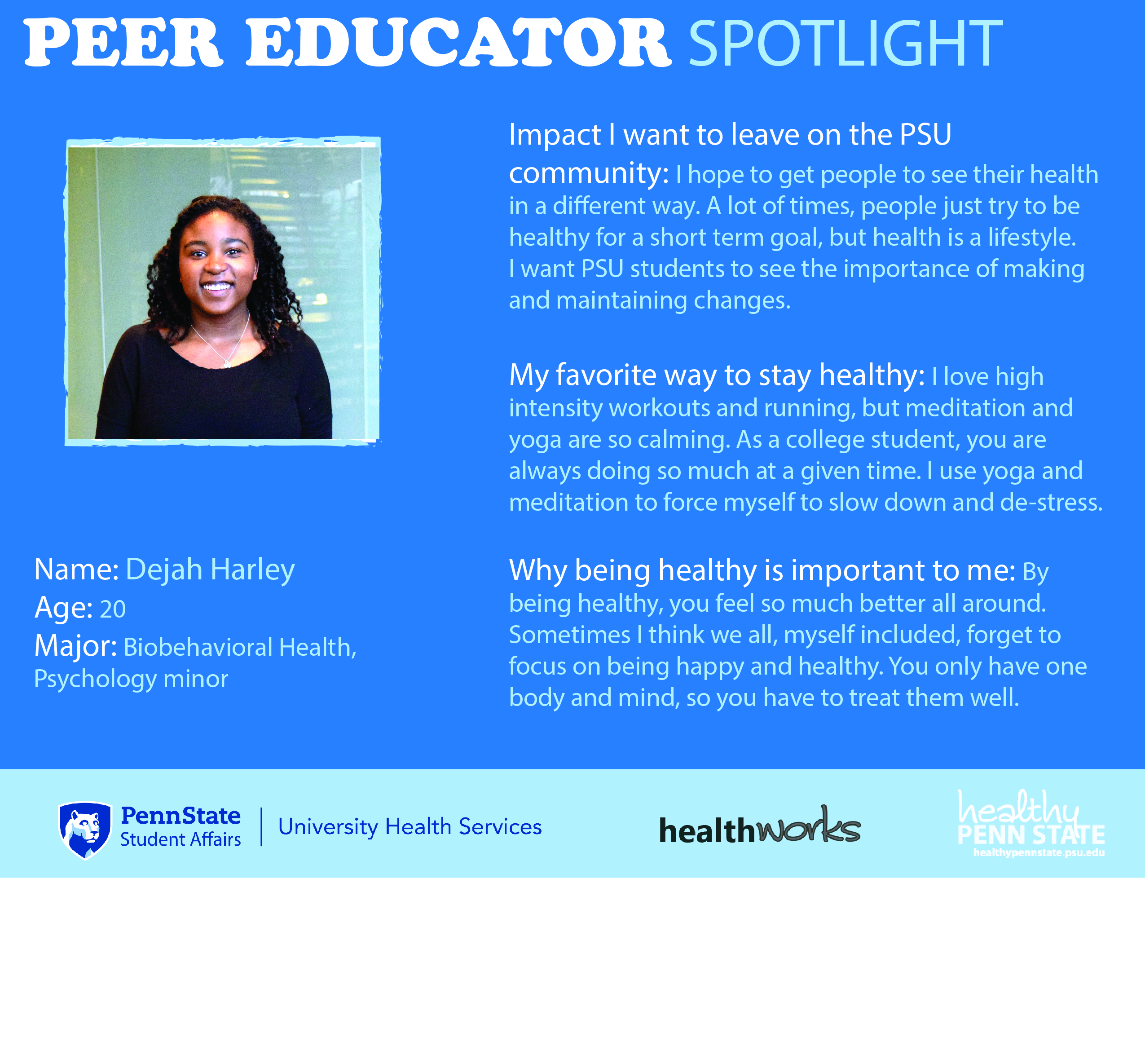Summer is about to begin and you may be tempted to get an early start on your tan. Here is “need to know” information about tanning salons that could help you avoid serious health risks down the road.
According to Spencer (1998) the ultraviolet radiation from the artificial light in tanning beds is linked to skin cancers and other types of skin damage. Indoor tanning beds are associated with a 50% increase in the risk of basal cell carcinoma (i. e., skin cancer). In fact, 90% of melanomas are estimated to be caused by ultraviolet (UV) exposure (1). “Tanning beds use fluorescent bulbs that emit mostly UVA. The UVA radiation is up to three times more intense than the UVA in natural sunlight”. (2)
The tanning bed industry often makes inaccurate claims about the benefits of artificial tanning. For example, the industry claims that indoor tanning promotes the production of vitamin D which is important for bone health and has been linked to reduced risk for cancer. The industry also claims that indoor tanning helps protect against sun burn. In reality, an indoor tan provides “the equivalent of a sunscreen rated SPF 4 or less”. (2) And you can obtain all the vitamin D that your body needs through a healthy diet.
Given the science behind the dangers of indoor tanning, you might be wondering why people still do it? Harrington and colleagues (2011) found that the ultraviolet radiation (UVR) from tanning beds stimulates areas of the brain associated with reward and, therefore, encourages excessive tanning. (3)
- Spencer, J. “Tanning beds and skin cancer: artificial sun old sol = real risk.” Clinics in Dermatology4 (1998): 487-501. Web.
- Harvard Women’s Health Watch – By the way, doctor: Is a tanning bed safer than sunlight?
- Harrington, C. R., Beswick, T. C., Graves, M., Jacobe, H. T., Harris, T. S., Kourosh, S., Devous Sr, M. D. and Adinoff, B. (2012), Activation of the mesostriatal reward pathway with exposure to ultraviolet radiation (UVR) vs. sham UVR in frequent tanners: a pilot study. Addiction Biology, 17: 680–686. doi:10.1111/j.1369-1600.2010.00312.x


